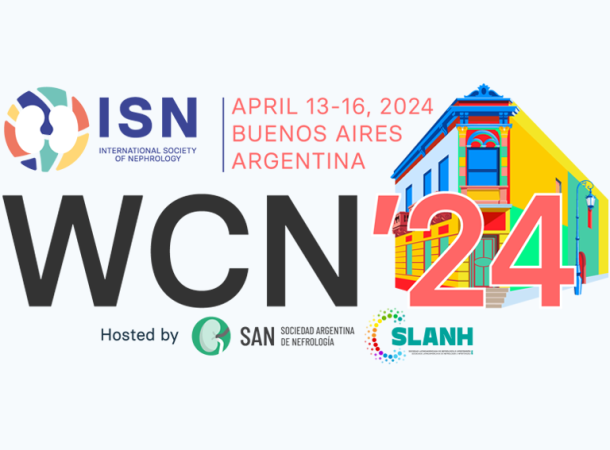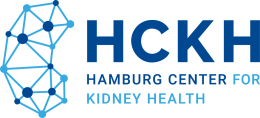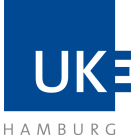-
 Laboratory for regulation of renal inflammation
Laboratory for regulation of renal inflammationOliver Michael Steinmetz
Mission Statement
“Understanding CD4+ T cell responses and their cytokine mediators in immune mediated renal diseases”
— Oliver Michael Steinmetz, MD
Team Members
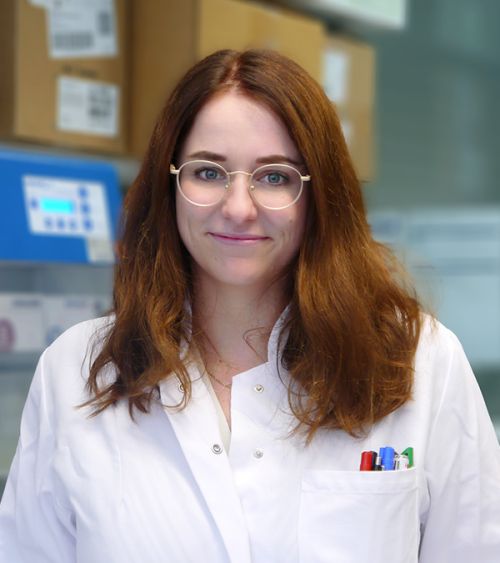
Laura Ehnold

Frederic Feindt, MD

Julia Hagenstein, PhD

Sophia Hegselmann

Georg Herrnstadt, MD

Inken Holtze

Pavels Klimicevs

Viona Laas

Simon Melderis, MD
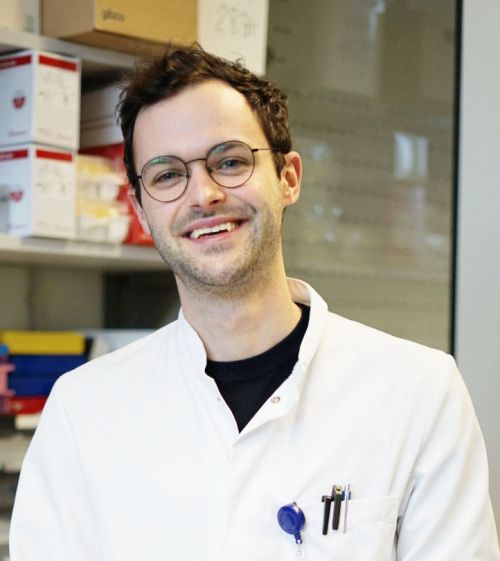
Christoph Niehus
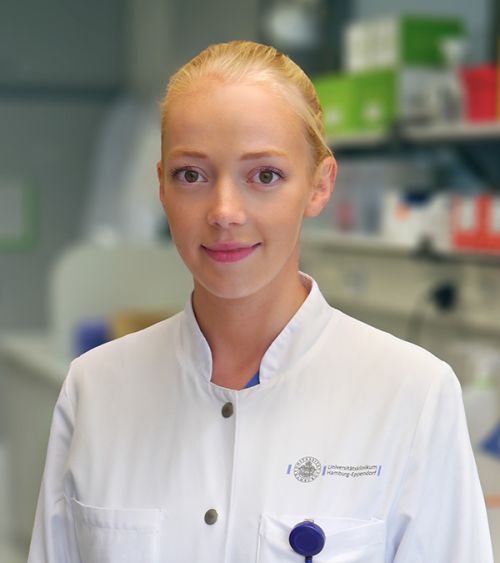
Christina Thompson

Tingting Xiong, MD
Research

Oliver Michael Steinmetz, MD
Research Group Leader
III. Department of Medicine, University Medical Center Hamburg-Eppendorf (UKE)
Martinistr. 52
20246 Hamburg, Germany
CV
Research Group Leader
|
1993 - 2001
|
Studies of Human Medicine at the Universities of Cologne and Hamburg |
|
2018 - 2020
|
APL Professor (§17 HmbHG) |
|
2012
|
Habilitation in Internal Medicine, University of Hamburg |
|
2003
|
MD thesis Centre for Molecular Neurobiology Hamburg, ZMNH, Prof. Dr. O. Pongs |
Clinical postgraduate education:
|
2021
|
Board certification in Immunology |
|
2011
|
Board certification in Internal Medicine and Nephrology |
|
2001 - 2012
|
Postdoctoral Research Fellow, University Hospital Hamburg Eppendorf (UKE), III. Medical Clinic, Nephrology (Heads: Prof. Dr. R.A.K. Stahl, since 2017 Prof. Dr. T.B. Huber) |
Scientific postgraduate education:
|
2008 - 2010
|
Postdoctoral Research Fellow at the Centre for Inflammatory Diseases, Monash University, Clayton, Australia (Head: Prof. Dr. Stephen R. Holdsworth) |
|
2015 - 2020
|
Dr. Liselotte-Brauns Award for Internal Medicine |
|
2015
|
Hans-U.-Zollinger Immunology Award of the German Society of Nephrology (DGfN) |
Selected publications
1. | The CCR6/CCL20 axis expands RORγt+ Tregs to protect from glomerulonephritis. |
2. | The Amphiregulin/EGFR axis protects from lupus nephritis via downregulation of pathogenic CD4+ T helper cell responses. |
3. | Amphiregulin Aggravates Glomerulonephritis via Recruitment and Activation of Myeloid Cells. |
4. | A Novel Role for IL-6 Receptor Classic Signaling: Induction of RORγt+Foxp3+ Tregs with Enhanced Suppressive Capacity. |
5. | IL-10 receptor signaling empowers regulatory T cells to control Th17 responses and protects from GN.IL-10 receptor signaling empowers regulatory T cells to control Th17 responses and protects from GN. |
6. | T-Bet Enhances Regulatory T Cell Fitness and Directs Control of Th1 Responses in Crescentic GN.T-Bet Enhances Regulatory T Cell Fitness and Directs Control of Th1 Responses in Crescentic GN. |
7. | Treg17 cells are programmed by Stat3 to suppress Th17 responses in systemic lupus. |
8. | RORγt+Foxp3+ Cells are an Independent Bifunctional Regulatory T Cell Lineage and Mediate Crescentic GN.RORγt+Foxp3+ Cells are an Independent Bifunctional Regulatory T Cell Lineage and Mediate Crescentic GN. |
9. | Inflammation-Induced IL-6 Functions as a Natural Brake on Macrophages and Limits GN.Inflammation-Induced IL-6 Functions as a Natural Brake on Macrophages and Limits GN. |
10. | Stat3 Programs Th17-Specific Regulatory T Cells to Control GN.Stat3 Programs Th17-Specific Regulatory T Cells to Control GN. |
News
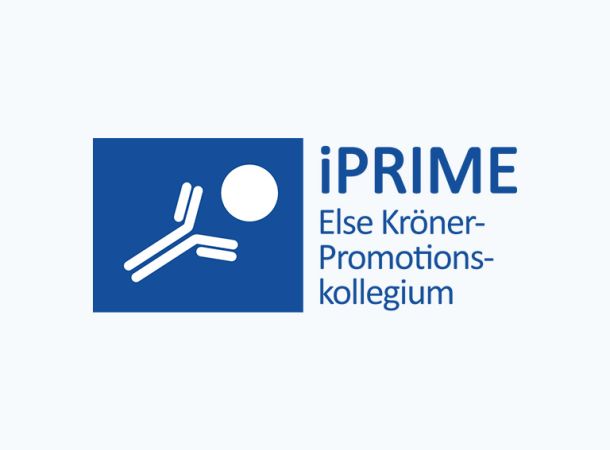
Immune Response to Malaria and Chagas disease
PD Dr. Thomas Jacobs, Bernhard Nocht Institute for Tropical Medicine, „Immune Response to Infection“ ...
Martinistraße 52
Campus Research N27
20246 Hamburg Germany



